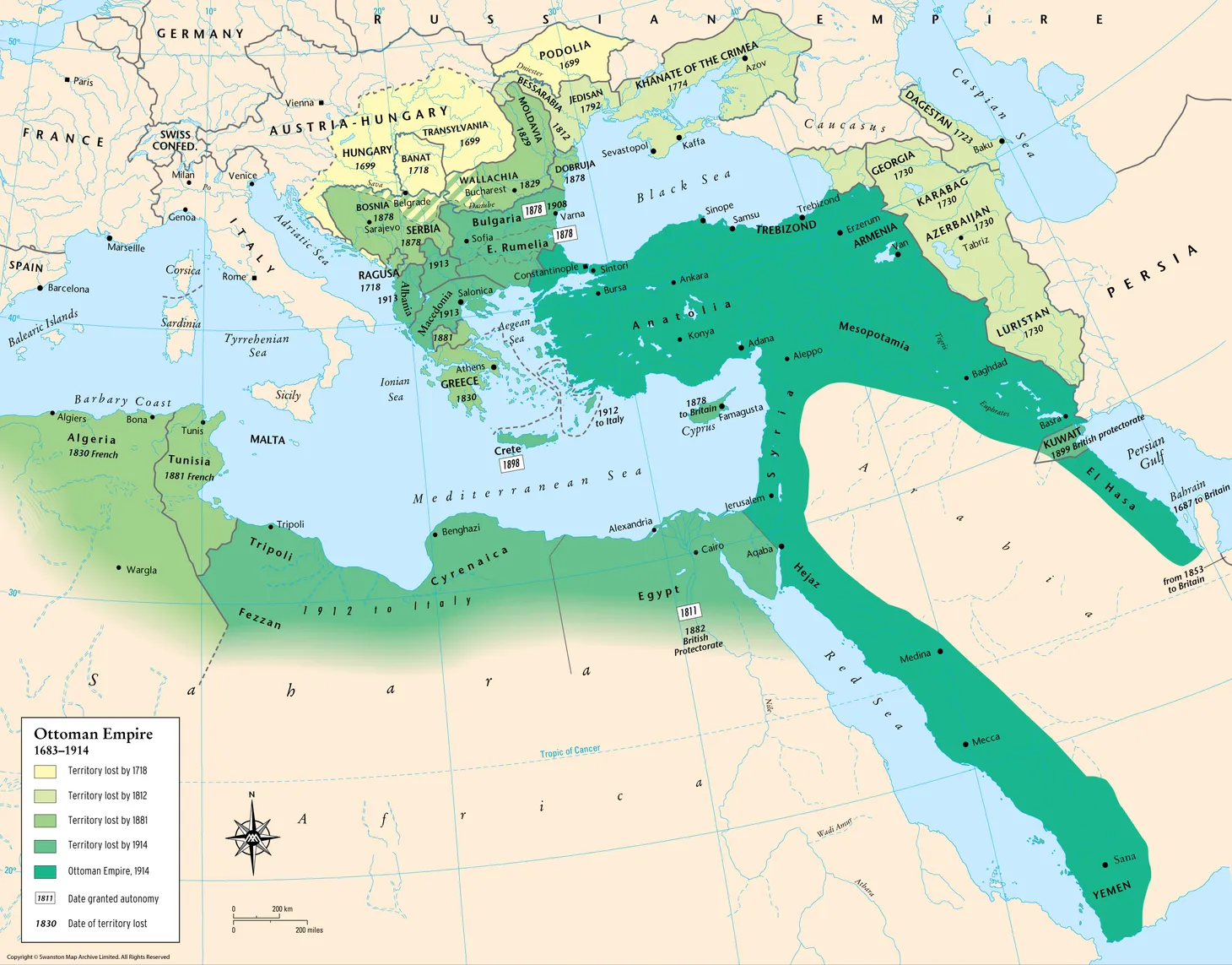AP World Unit 4
“We Cannot Reckon How Great the Damage Is”: Origins of the Transatlantic Slave System, c.1450 - c.1650
Discussion of how to teach the origins of the transatlantic slave system with a focus on understanding the different regional and global consequences
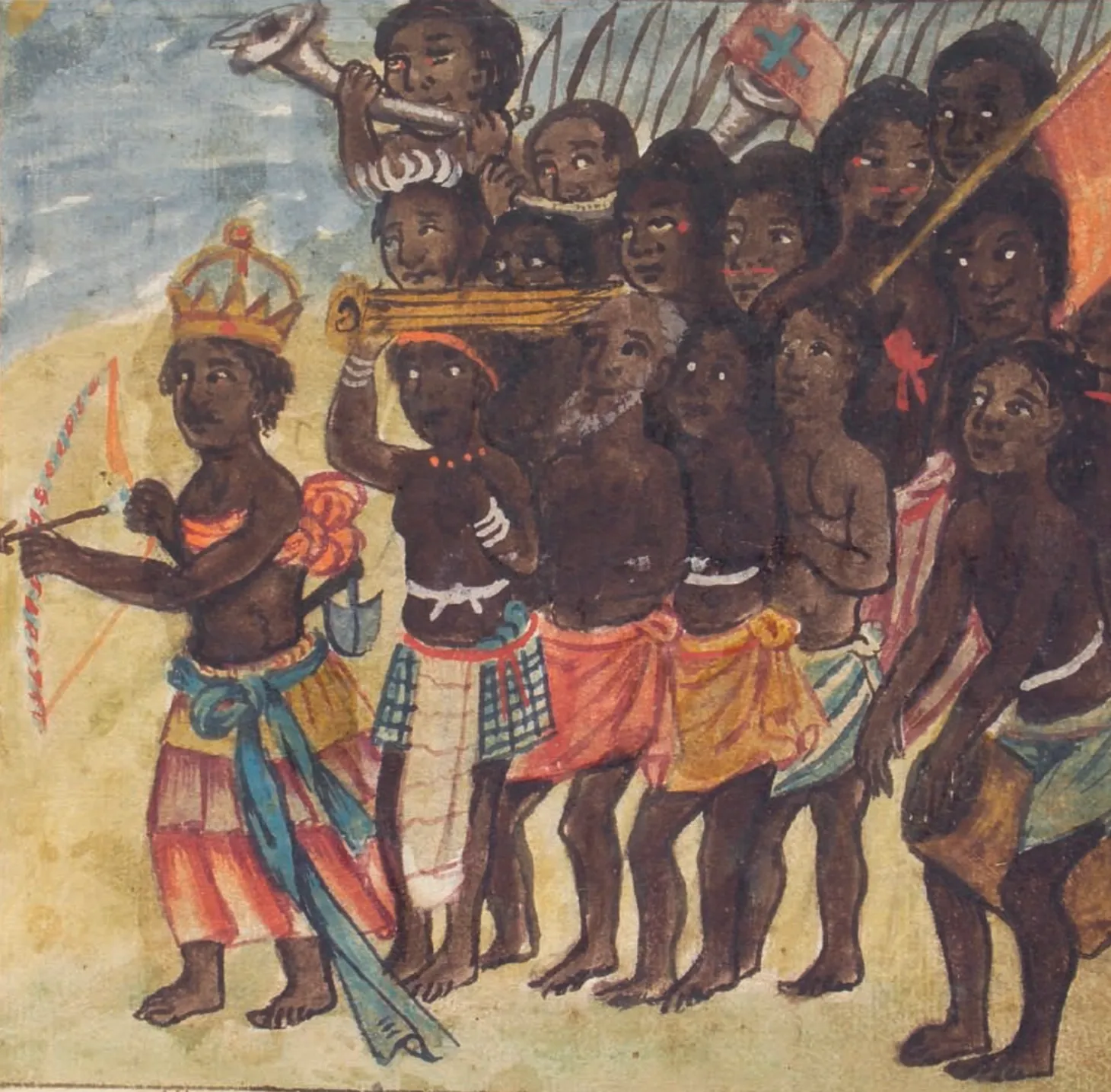
“If there were no buyers there would be no sellers”: Teaching the Transatlantic Slave System, c.1450 - c.1850
A discussion of how world history teachers can teach the transatlantic slave system in a way that centers Black African voices.

Stepping Out from Zheng He’s Shadow: World History, Ming China, and Greater East Asia in the Fifteenth Century
Most authors of world history textbooks and world history teachers seem to love the voyages of Zheng He. The treasure ships dwarfed all contemporary ships, the two main individuals (the Yongle Emperor and Admiral Zheng He) were larger than life characters, and there were African giraffes being mistaken for mythical
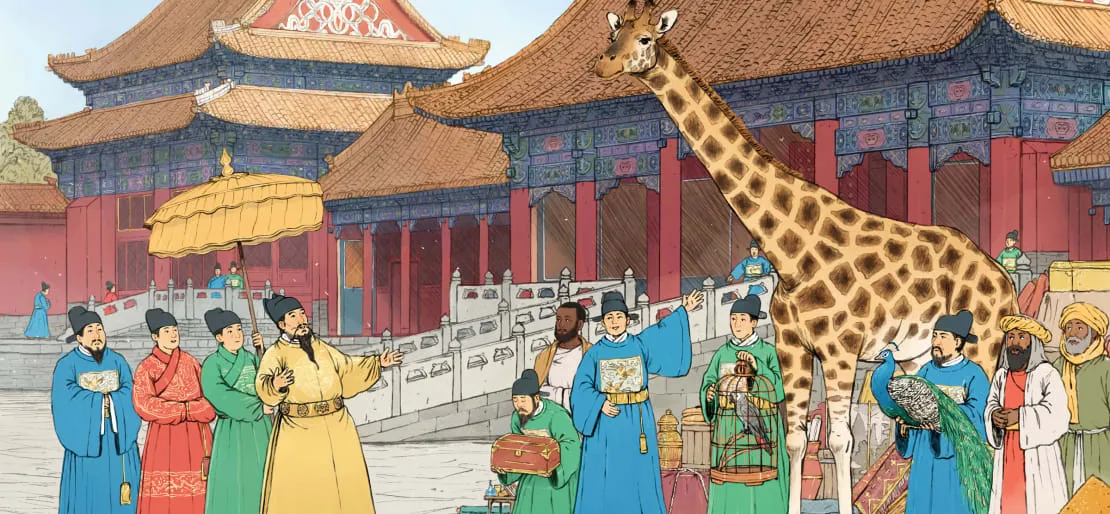
"People Who Have Interrupted Empire": African and Indigenous Resistance in the Sixteenth and Early Seventeenth Centuries
I’ve looked at more world history textbooks than I want to admit. One thing almost all of them have in common is some discussion of Portuguese maritime expansion along the western coast of Africa in the fifteenth century and the Spanish and Portuguese conquest of the Americas in the

What We Can Learn from a Pair of Skating Owls: Teaching the Little Ice Age and its Importance for Today
For a number of years, Donald Trump has been tweeting about the myth of climate change based on cold weather. Just this past week, he even sarcastically called for more global warming. While most people reading this essay will quickly dismiss Trump’s claims, it’s important to consider how

Two Views of Global Lisbon
In October of 2016, I was exploring the Navy Museum in Lisbon. For a country with such a rich maritime history, I was somewhat disappointed with the museum itself. But as I was wandering through the bookstore on my way out, I came across this incredible book by edited by
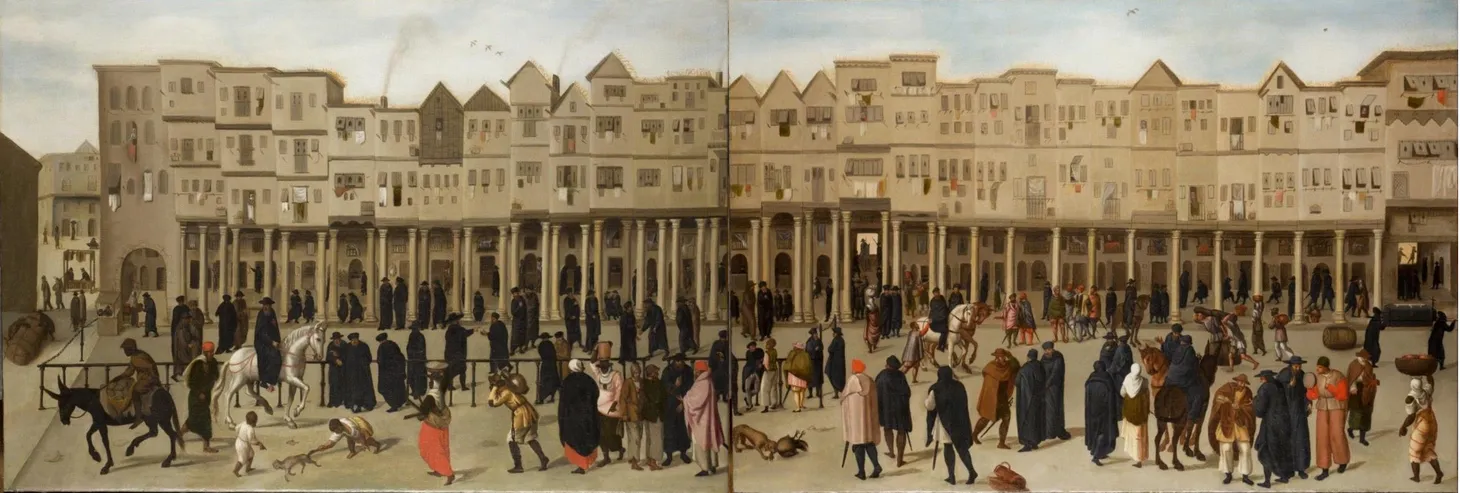
More than Four Turtles: Global Renaissances in the Fifteenth Century (Part II)
In the final part of the Harkness discussion on Day 3, we talk about the second part of my essay “Reimaging the Renaissance,” which focuses on events in Central Asia in the fifteenth century. Central Asia never seems to get the credit it deserves in world history classes. Besides the

More than Four Turtles: Global Renaissances in the Fifteenth Century (Part I)
After spending two days setting up the big picture of the revival of Afroeurasia in the fifteenth century, we dive into the Renaissance, or Renaissances, on the third day. I use two different readings with the students and set up the class in a sort of a modified Harkness style

Don’t Call It a Comeback: Afroeurasian Revivals in the Fifteenth Century
Don’t call it a comeback I’ve been here for years I’m rocking my peers Puttin’ suckers in fear Makin’ the tears rain down like a monsoon Listen to the bass go boom Explosions, overpowerin’ Over the competition I’m towerin’ Wrecking shop when I drop these lyrics
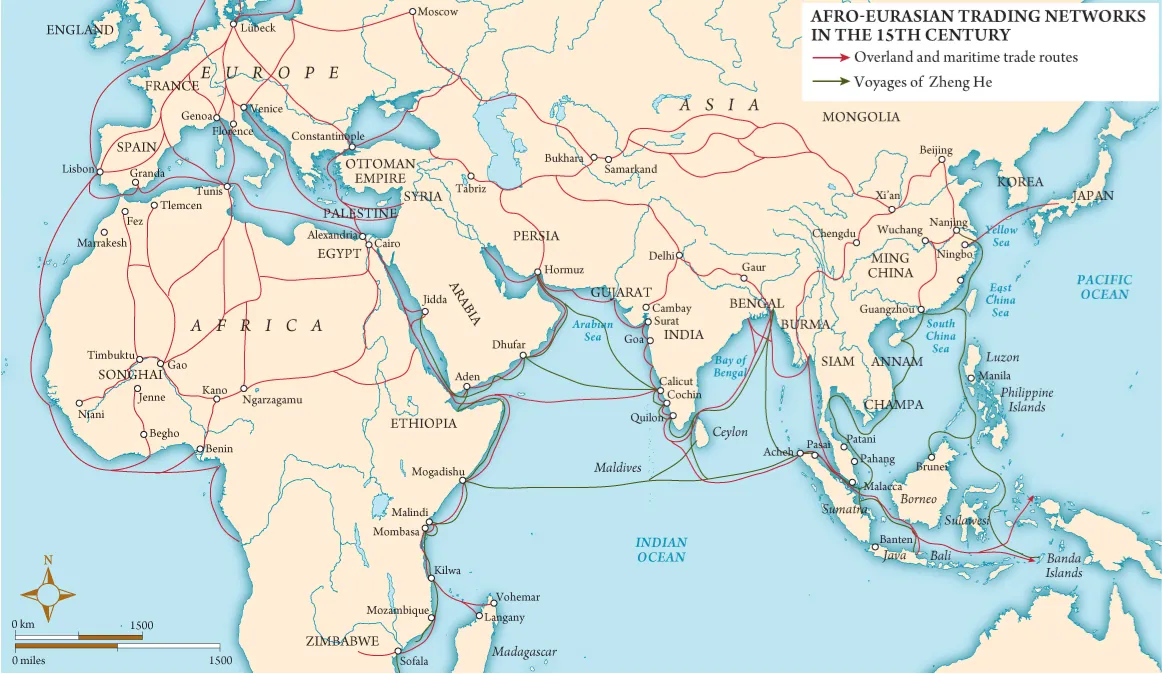
Healing the Sick Man of Europe
If the Ottoman Empire in the sixteenth and seventeenth centuries was going through a period of transformation, rather than beginning a 400-year decline, it would seem that the Empire, which collapsed in 1922, had to be declining in the eighteenth and nineteenth centuries. While it’s true that the Empire
